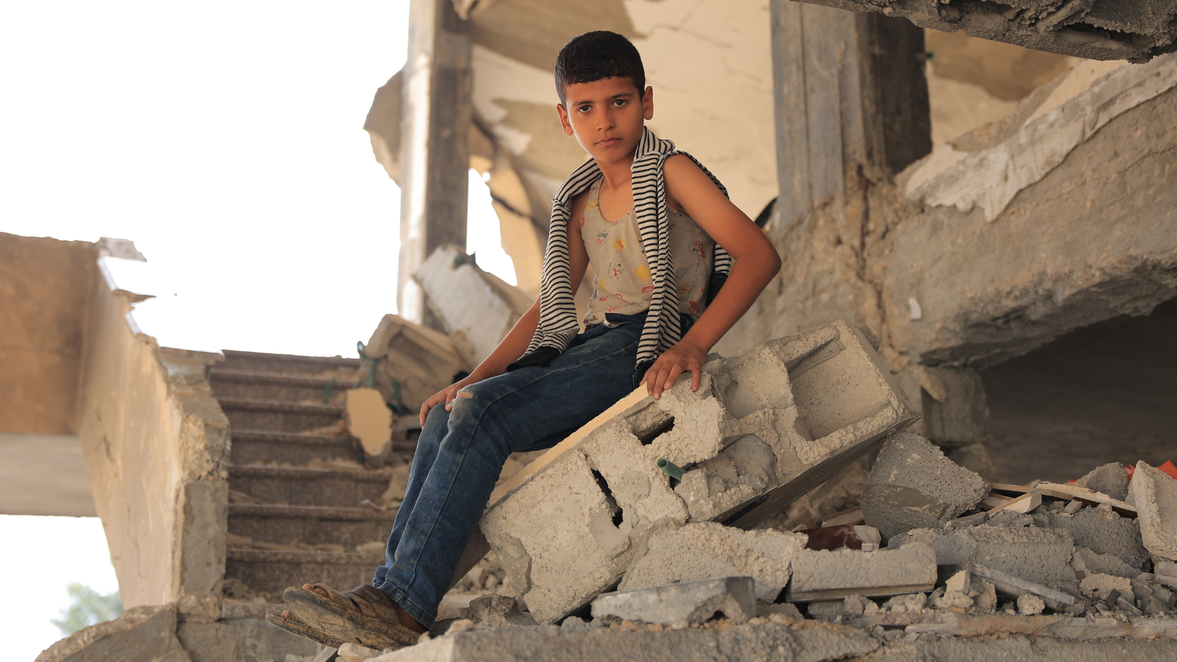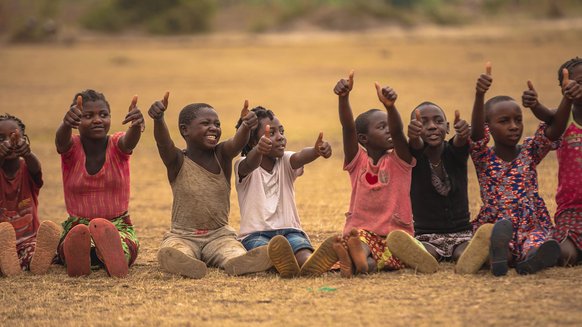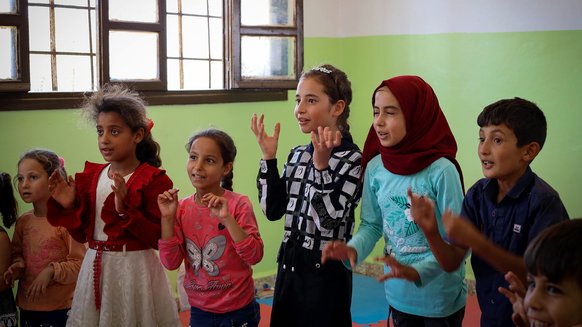Number of Children Affected by Conflict Doubles Since War Child’s Inception
Feb. 9, 2024

468 million children affected by armed conflict
468 million children globally are living with the effects of war and conflict, according to new research by the Peace Research Institute Oslo (PRIO) and Save the Children.
That’s more than one in six children on the planet living in a conflict zone - i.e. anywhere within a 50km radius of armed violence.
This represents a steady increase over time and a doubling in the number since War Child’s inception in the mid-1990s.
Out of a long list of conflict-affected countries, DR Congo ranks as “the worst place in the world to be a child”. This is due to a persistent increase in grave violations committed against children including killing and maiming, recruitment by armed groups and forces and rape or other forms of sexual violence.
Unprecedented challenges
In the wake of an unprecedented bombing campaign in Gaza, and escalating wars in Sudan and elsewhere, these horrifying statistics look set to get even worse.
“This isn’t just a bad time to be a child, this is one of the most dangerous times to be a child in recent history”, says War Child CEO, Rob Williams. “It means that no NGO can be lulled into complacency. We need to think outside the box; step up and do things differently if we have any hope of changing the outcome for an entire generation.”
Youth in the lead
Recognising the enormity of the challenge, War Child has been undergoing an extensive change process. The result is a global alliance; a network of member organisations working better together. Key to this new structure is a de-centralised approach which gives national staff but also children and youth from war-affected countries a bigger voice in our decision-making processes.
This goes beyond reaching more children by scaling our activities, and ensures that the activities we reach them with address their identified needs.
“More often than not it is the youth themselves that hold the best solutions to their own problems”, says Williams. “We have a duty to keep checking in; to keep listening as we evolve and expand our support.”

